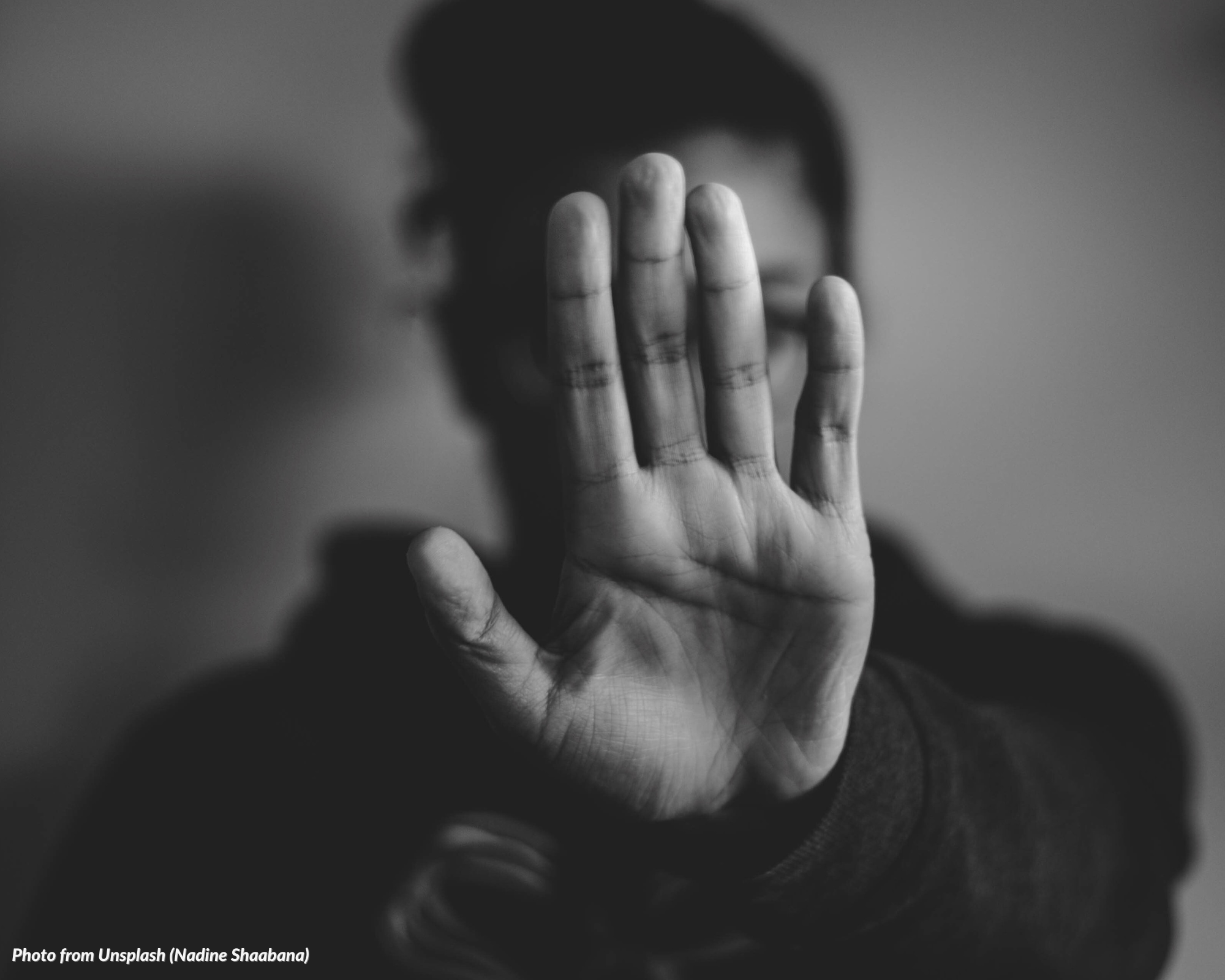
Photo from Unsplash (Nadine Shaabana)
The following post does not create a lawyer-client relationship between Alburo Alburo and Associates Law Offices (or any of its lawyers) and the reader. It is still best for you to engage the services of a lawyer or you may directly contact and consult Alburo Alburo and Associates Law Offices to address your specific legal concerns, if there is any.
Also, the matters contained in the following were written in accordance with the law, rules, and jurisprudence prevailing at the time of writing and posting, and do not include any future developments on the subject matter under discussion.
AT A GLANCE
- The most important element to determine the applicability of Anti-Violence Against Women and their Children is the sexual relationship between the woman and any other person.
- The object of the law is to protect women and children. Punishing only violence that is repeatedly committed would license isolated ones.
- The psychological element is an indispensable element in the violation of R.A. No. 9292.
The need to protect the family and its members particularly women and children, from violence and threats to their personal safety and security is crucial. To address these, extra efforts to address violence committed against women and children are provided under the Anti-Violence Against Women and their Children Act of 2004 or Republic Act No. 9262.
What is violence against women and their children?
The law says:
“Violence against women and their children” refers to any act or a series of acts committed by any person against a woman who is his wife, former wife, or against a woman with whom the person has or had a sexual or dating relationship, or with whom he has a common child, or against her child whether legitimate or illegitimate, within or without the family abode, which result in or is likely to result in physical, sexual, psychological harm or suffering, or economic abuse including threats of such acts, battery, assault, coercion, harassment or arbitrary deprivation of liberty. (Section 3(a), R.A. No. 9262)
The most important element to determine the applicability of Anti-Violence Against Women and their Children is the sexual relationship between the woman and any other person. Moreso, the abuse need not be habitual. A single act, harassment, or abuse is already sufficient to hold a person liable under R.A. No. 9262.
Jurisprudence says:
This means that a single act of harassment, which translates into violence, would be enough. The object of the law is to protect women and children. Punishing only violence that is repeatedly committed would license isolated ones. (Rustan Ang vs. Honorable Court of Appeals, G.R. No. 182835, April 20, 2010)
What is psychological violence?
The law says:
“Psychological violence” refers to acts or omissions causing or likely to cause mental or emotional suffering of the victim such as but not limited to intimidation, harassment, stalking, damage to property, public ridicule or humiliation, repeated verbal abuse and mental infidelity. It includes causing or allowing the victim to witness the physical, sexual or psychological abuse of a member of the family to which the victim belongs, or to witness pornography in any form or to witness abusive injury to pets or to unlawful or unwanted deprivation of the right to custody and/or visitation of common children. (Section C(a), R.A. No. 9262)
The psychological element is an indispensable element in the violation of R.A. No. 9292.
Jurisprudence says:
Psychological violence is an indispensable element of violation of Section 5(i) of R.A. No. 9262. Equally essential is the element of emotional anguish and mental suffering, which are personal to the complainant. Psychological violence is the means employed by the perpetrator, while emotional anguish or mental suffering are the effects caused to or the damage sustained by the offended party. The law does not require proof that the victim became psychologically ill due to the psychological violence done by her abuser. Rather, the law only requires emotional anguish and mental suffering to be proven. To establish emotional anguish or mental suffering, jurisprudence only requires that the testimony of the victim to be presented in court, as such experiences are personal to this party. (Jaime Araza vs. People, G.R. No. 247429, September 8, 2020)
Alburo Alburo and Associates Law Offices specializes in business law and labor law consulting. For inquiries regarding taxation and taxpayer’s remedies, you may reach us at info@alburolaw.com, or dial us at (02)7745-4391/0917-5772207.
All rights reserved.

